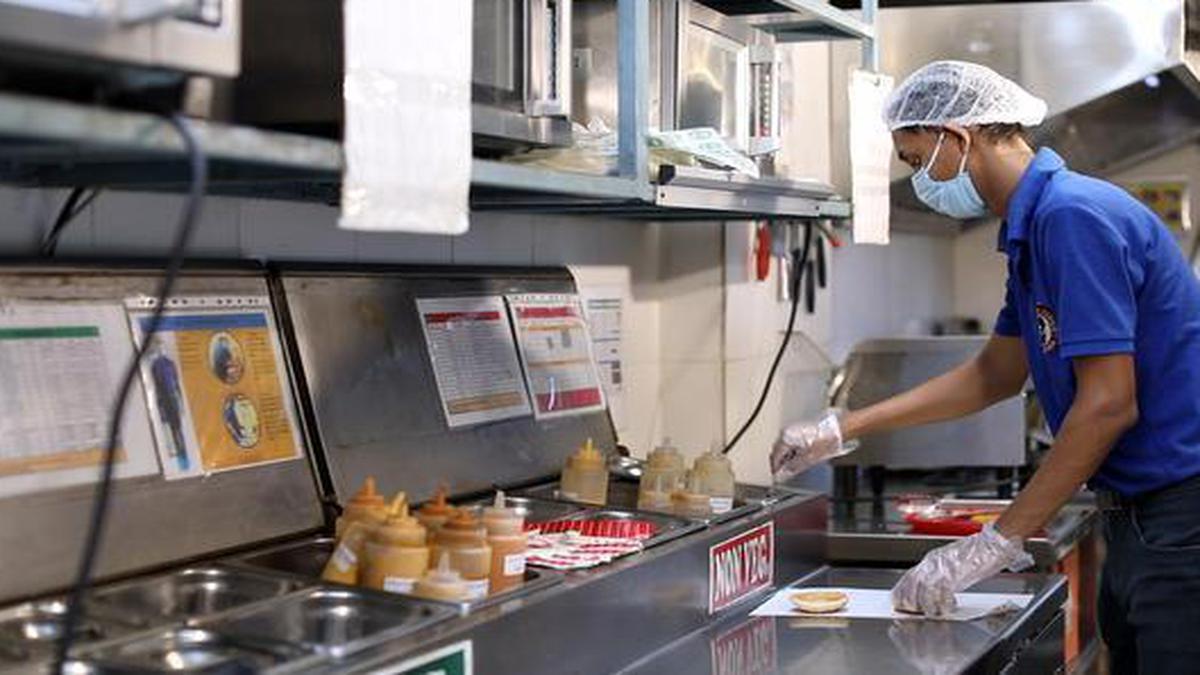
Kitchen Cloud: The Future of Culinary Innovation
Kitchen cloud also known as cloud kitchens or virtual kitchens, is revolutionizing the way food is prepared and delivered. This innovative concept leverages cloud-based technology and shared kitchen spaces to enable culinary entrepreneurs to establish and expand their food businesses without the need for a physical restaurant. In this article, we will explore the concept of kitchen cloud and its implications for the future of culinary innovation.
Its future aspects
Virtual Restaurant Brands: Kitchen cloud provides a platform for the emergence of virtual restaurant brands. These brands exist solely in the online space and focus on food delivery and takeout. By operating exclusively through online platforms and food delivery apps, virtual restaurant brands can reach a wide customer base without the costs and limitations associated with a traditional brick-and-mortar establishment. Kitchen cloud enables culinary entrepreneurs to launch and grow their virtual restaurant brands with minimal upfront investment.
Streamlined Operations: Kitchen cloud streamlines operations by providing shared kitchen spaces equipped with professional-grade equipment and infrastructure. These spaces are designed to maximize efficiency, with designated stations for food preparation, cooking, and packaging. Shared facilities eliminate the need for individual businesses to invest in their own commercial kitchen spaces, reducing costs and enabling culinary entrepreneurs to focus on food quality and innovation.

Flexibility and Scalability: Kitchen cloud offers flexibility and scalability for food businesses. Culinary entrepreneurs can easily adjust their operations based on demand, seasonal trends, or changes in consumer preferences. The cloud-based nature of kitchen cloud allows for menu customization, rapid menu changes, and experimentation with new dishes or concepts. This flexibility enables food businesses to stay agile and responsive in a dynamic market environment.
Market Testing and Expansion: Kitchen cloud provides a low-risk environment for market testing and expansion. Culinary entrepreneurs can test the viability of their food concepts and menu offerings in different locations or target markets without committing to long-term leases or investments. By analyzing customer feedback, demand patterns, and sales data, food businesses operating in a kitchen cloud can refine their strategies, identify successful concepts, and expand their reach strategically.
Collaboration and Knowledge Sharing: Kitchen cloud spaces foster a collaborative environment where culinary entrepreneurs can network, share ideas, and learn from each other. The shared kitchen spaces create opportunities for collaboration, joint ventures, and cross-promotion among different food businesses. Culinary professionals can exchange knowledge, techniques, and industry insights, fostering innovation and culinary excellence within the kitchen cloud community.
Data-Driven Insights: Kitchen cloud leverages data analytics to provide culinary entrepreneurs with valuable insights into their operations. By analyzing sales data, customer preferences, and order patterns, food businesses can make data-driven decisions to optimize their menus, pricing, and marketing strategies. The availability of real-time data allows for quick adjustments and targeted approaches to enhance customer satisfaction and drive business growth.
Sustainable and Cost-Efficient: Kitchen cloud promotes sustainability and cost efficiency. By sharing kitchen spaces and equipment, food businesses can reduce their environmental footprint and minimize resource wastage. Additionally, the shared infrastructure and centralized services offered by kitchen cloud providers help lower operational costs for individual businesses, making it more accessible for culinary entrepreneurs to enter the food industry.
Access to Delivery Networks: Kitchen cloud often collaborates with third-party food delivery platforms, providing food businesses with access to a wide network of delivery services. This partnership facilitates order fulfillment and delivery, enabling culinary entrepreneurs to reach customers efficiently. By leveraging established delivery networks, food businesses operating in a kitchen cloud can focus on creating exceptional food experiences while leaving the logistics of delivery to the experts.






